Your cart is currently empty!
The Benefits of Multiple Language Exposure in Babies
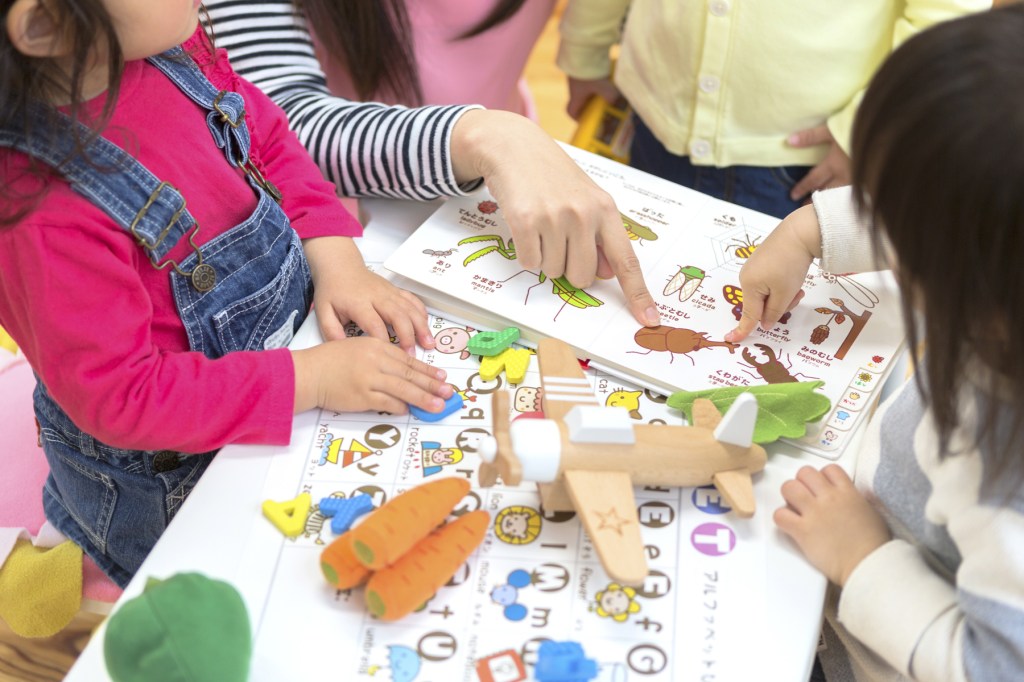
Spanish? French? Chinese? There is mounting evidence that children benefit from growing up in multilingual households. Whatever foreign language(s) you pick for your baby, here’s what science says about learning a second (or third) language from infancy.
Here’s What You Need To Know:
- Language synapses that are not being used will start to prune away as early as 9 months. Which is why the earlier you introduce a second language, the better!
- Learning two languages at once does not hinder the bilingual babies’ ability to master either language.
- Bilingual children have been found to have an equal or greater vocabulary than their monolingual peers.
- Early exposure to multiple languages improves the brain’s executive functioning skills, such as problem solving and attention shifting.
Bilingual Baby
In the womb, your babe is already listening to your voice. In fact, it is one of the most important sounds they hear prior to birth. By the time they are born, your baby can differentiate between the language of the mother (that’s you) and different languages (might be you too). In fact, language differentiation is one thing your baby can do better than you. At birth, a baby can tell the difference between all 800 sounds that make up the languages of the world. Below are just a few benefits of growing up in a bilingual environment.
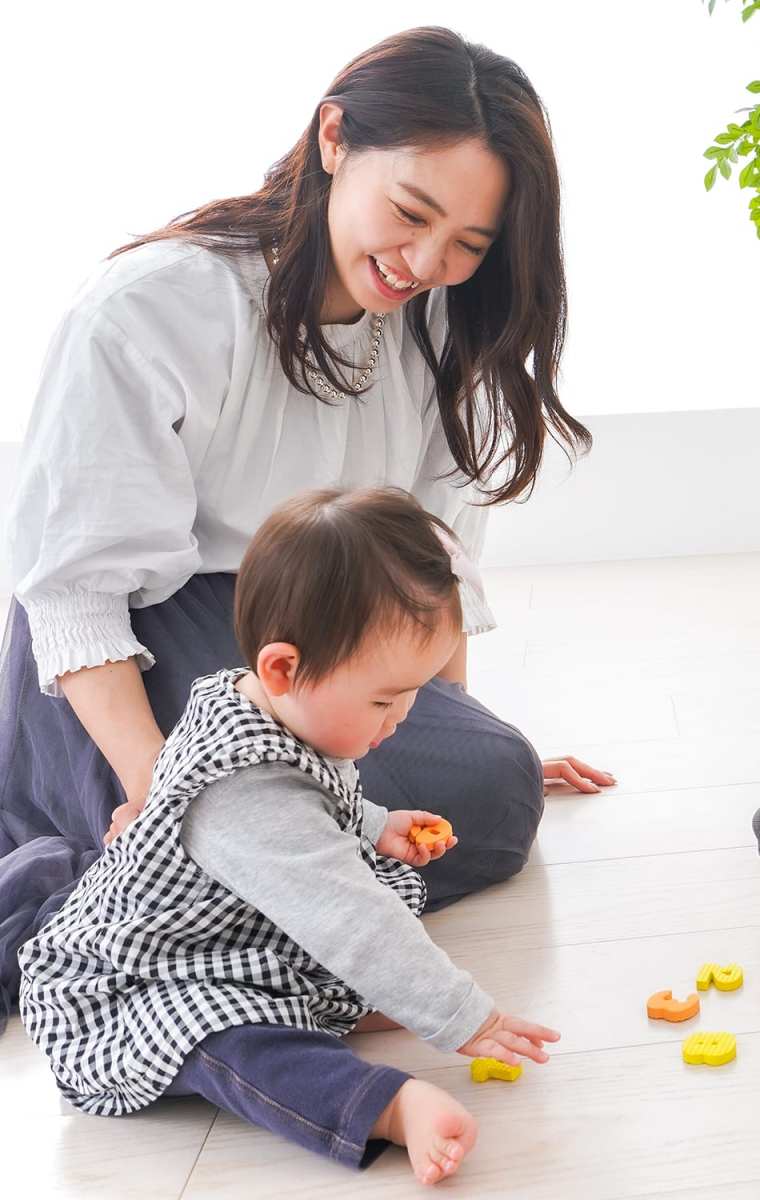
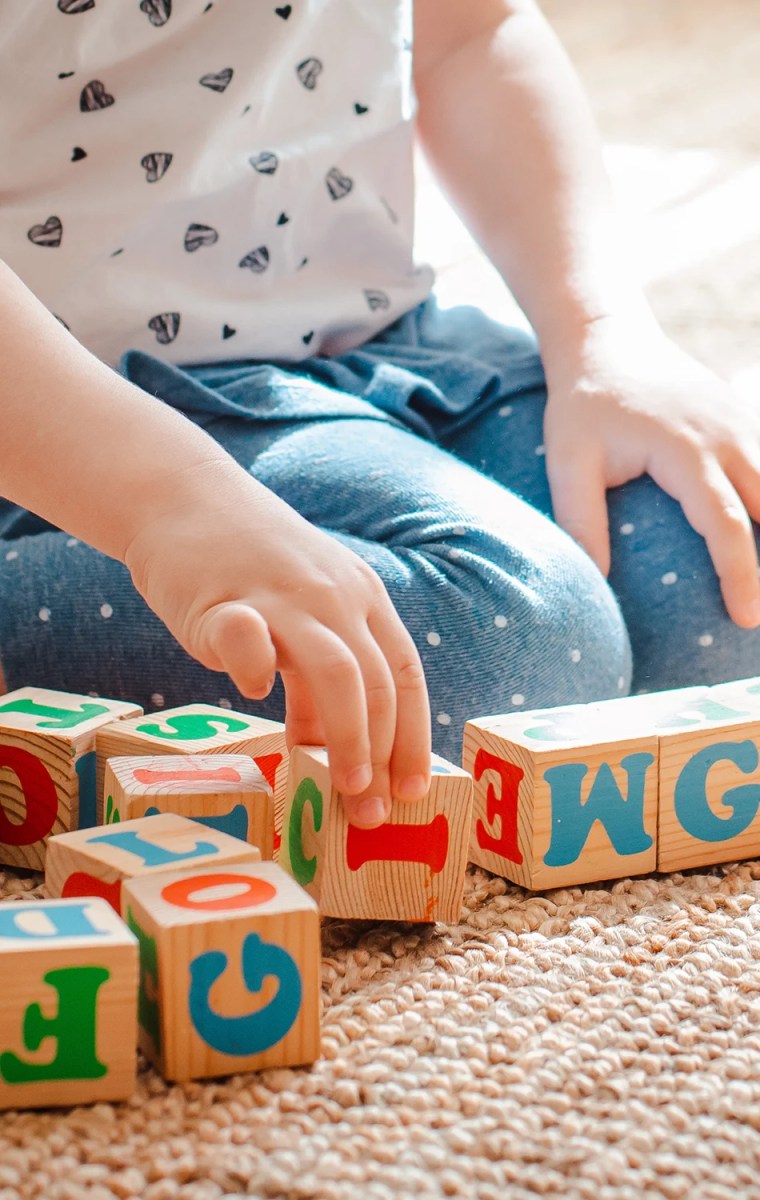
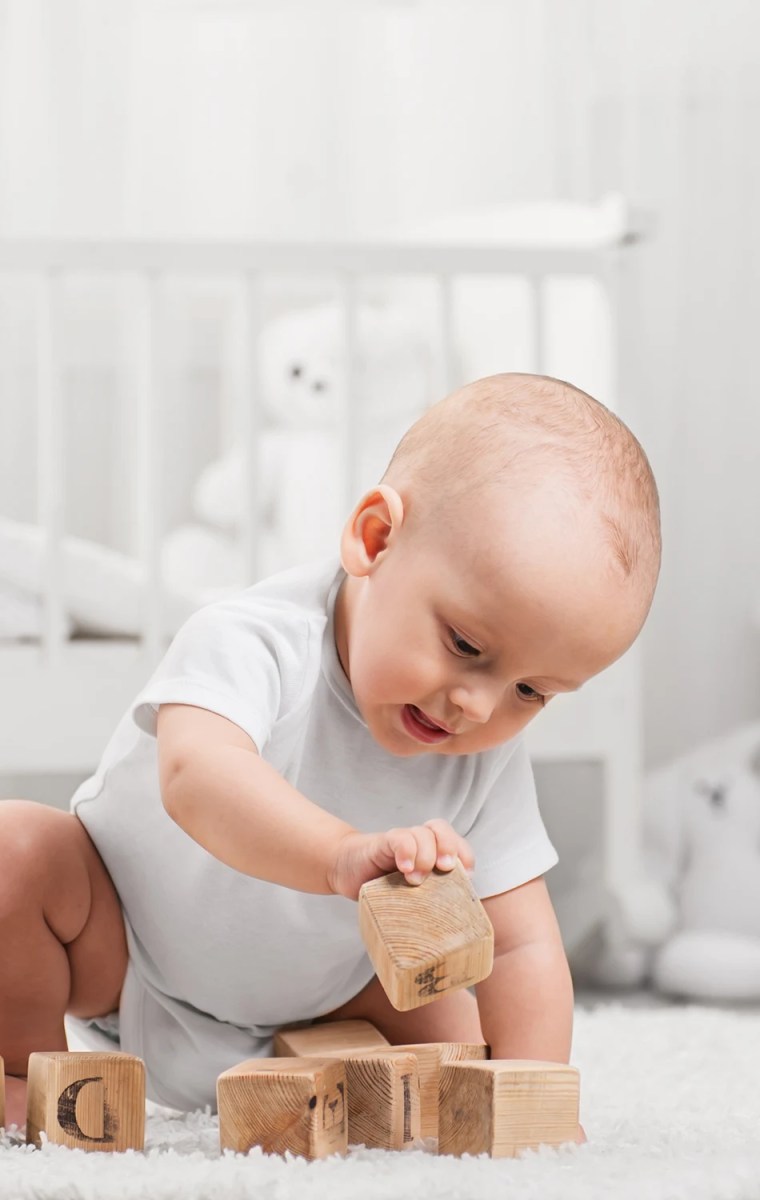
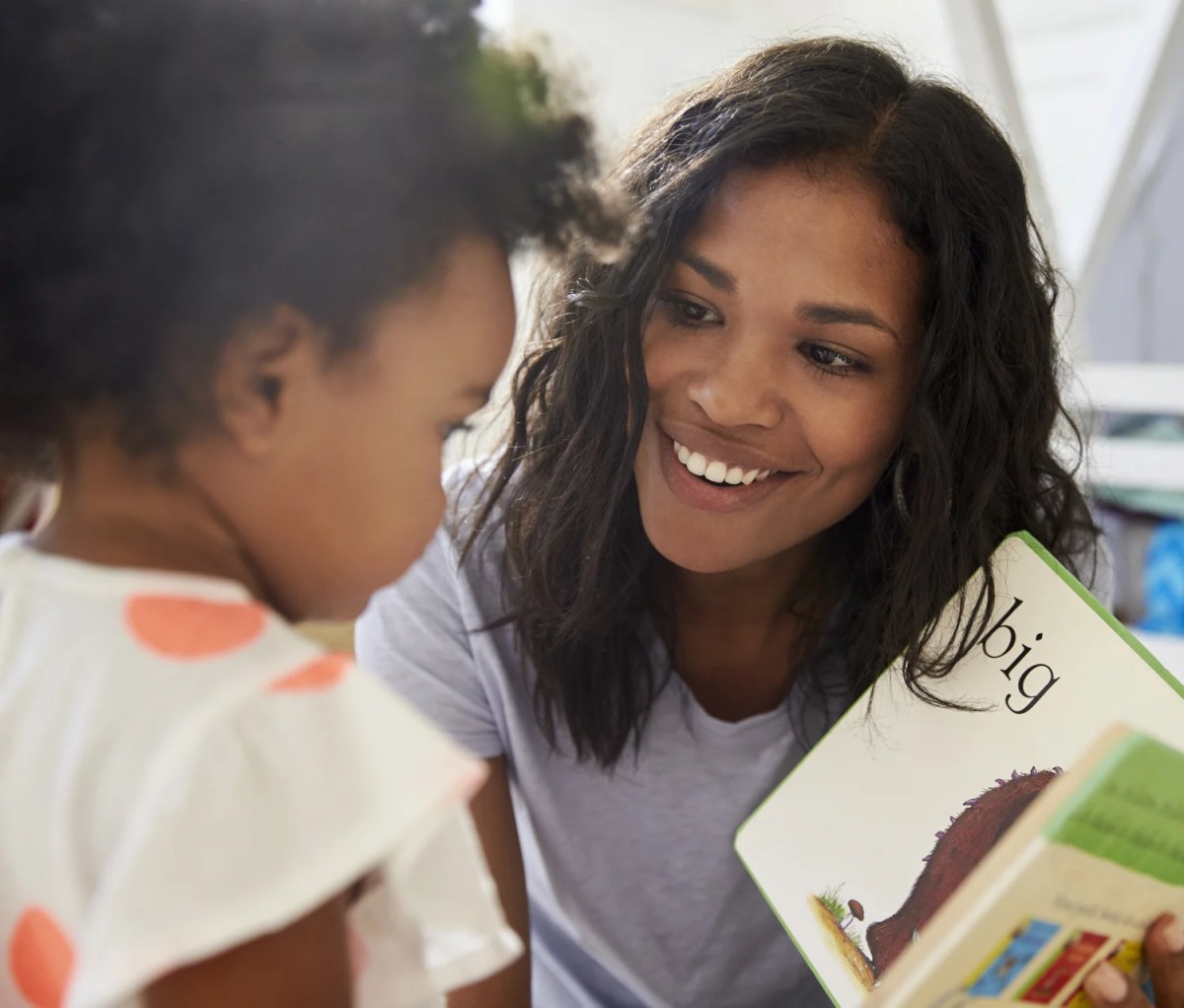
There is No Better Time to Learn
Synaptic pruning is a natural process that occurs in the brain between early childhood and adulthood. During synaptic pruning, the brain eliminates extra synapses (the brain structures that allow neurons to communicate with each other).
Language synapses that are not being used will start to prune away as early as 9 months. Thus, by their first birthdays, babies are losing their ability to understand different languages.
They Will Become Fluent in Both
In one study of 11-month-old infants raised in English-only homes versus bilingual homes, researchers found that the babies in the bilingual, or Spanish and English-speaking homes, were specialized to both languages. The babies from the English-only homes were specialized just to English. Learning two languages at once did not hinder the bilingual babies’ ability to adopt either language.
They Can Have a Stronger Vocabulary in Both Languages than Their Peers
Parents often wonder if exposing infants to multiple languages will delay their ability to master one. However, bilingual children have been found to have an equal or greater vocabulary than their monolingual peers.
Their Brain will Strengthen
There is evidence that the early acquisition of multiple languages primes the brain to have better executive functioning skills, such as problem solving and attention shifting.
Teaching Tip:
Teaching language is far more effective when taught through interaction with real people. Watching an instructional video, even a screen with someone talking, is less effective.
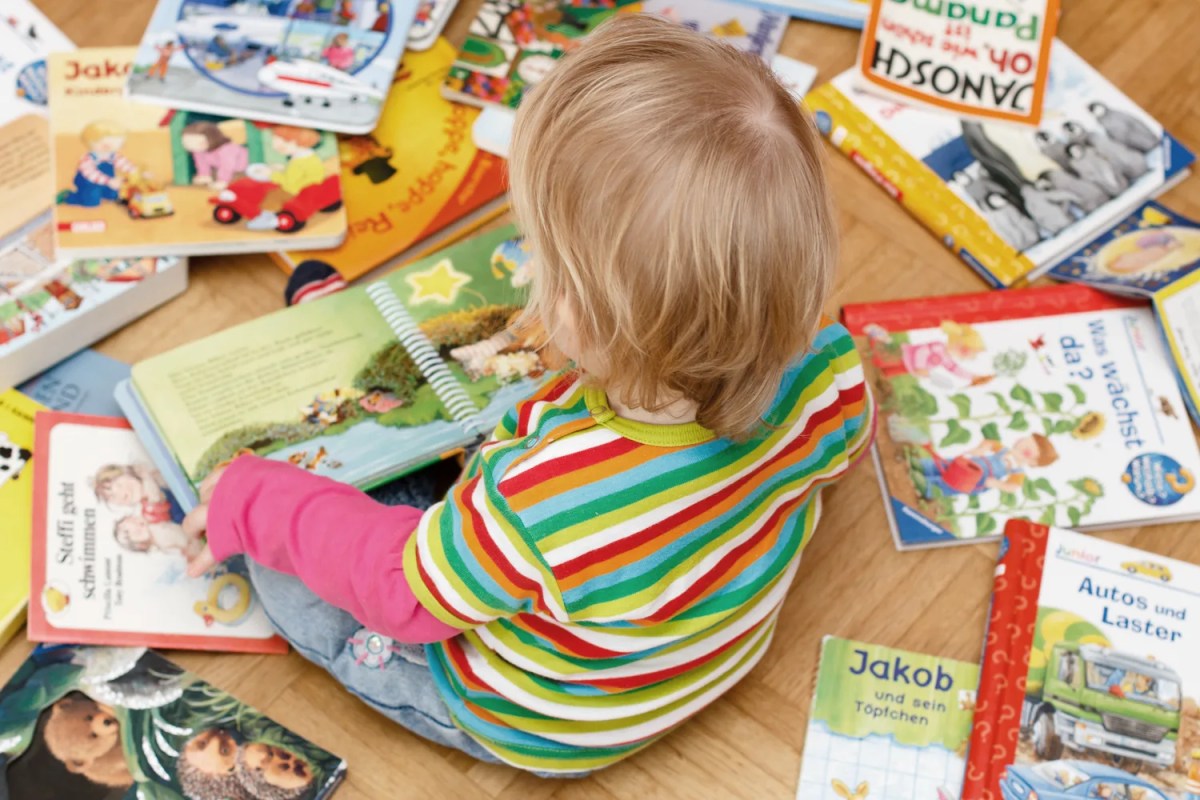
Summary
More than half of the world’s population is now bilingual or multilingual. Multilingual individuals have an advantage in the job market, as travelers, and socially. Knowing multiple languages can improve problem solving, attention control, and creativity. It can also make a child more successful in school – improving their cognitive, social, and literacy skills.
One of a baby’s primary objectives is to figure out how to communicate. Their brains are information sponges and they learn without even trying. Adults have to consciously learn information, which makes language acquisition more difficult as an adult. Therefore, try to expose your baby as early as possible to as many languages as you know!
Sources
- Hoff E, Core C. Input and language development in bilingually developing children. Seminars in Speech and Language. 34: 215-26.
- The Norwegian University of Science and Technology (NTNU). “Babies exposed to stimulation get brain boost.” ScienceDaily. ScienceDaily, 2 January 2017. www.sciencedaily.com/releases/2017/01/170102143458.htm.
- Moon, C., Lagercrantz, H., & Kuhl, P. K. (2013). Language Experienced in Utero Affects Vowel Perception after Birth A Two-Country Study. Acta Paediatrica, 102, 156-160.
- Kluger, Jeffrey. “How the Brain Benefits from Being Bilingual,” http://science.time.com/2013/07/18/how-the-brain-benefits-from-being-bilingual/ (18 July 2013).











